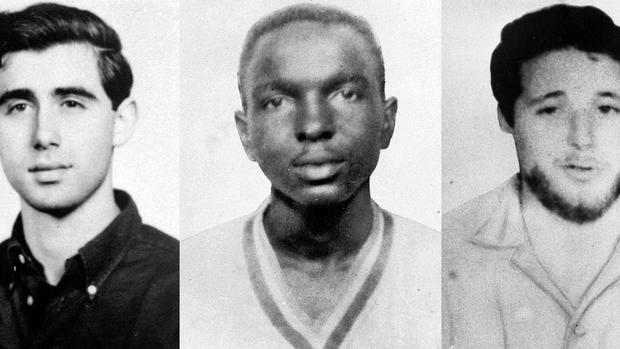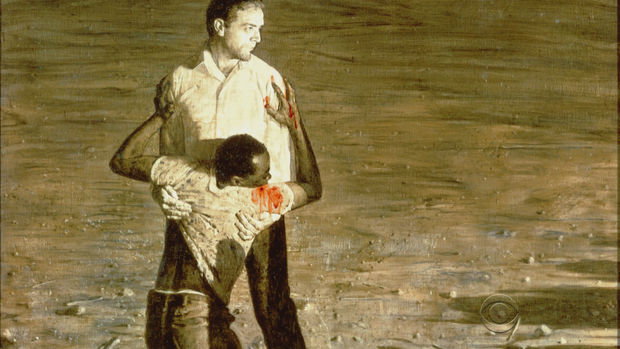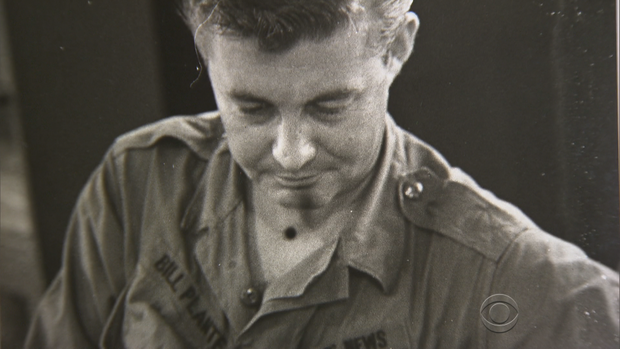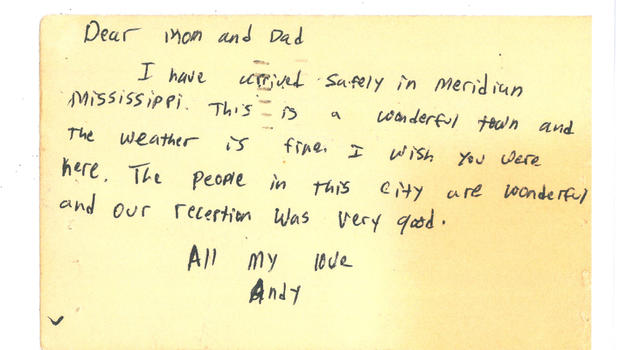"Mississippi Burning" case closed more than half a century later
WASHINGTON -- They called it "Freedom Summer," 1964 -- a drive to register blacks long denied the right to vote.
At a rally, Andrew Goodman heard what would become his fate: "They should expect to spend time in jail, they should expect possibly somebody to get killed," a speaker told the crowd.
Fifty-two years ago, Goodman, James Earl Chaney, and Michael Schwerner were murdered -- taken by the Ku Klux Klan with the help of a sheriff's deputy, shot at point-blank range and buried.
Their disappearance shocked the nation, and captured the eye of Norman Rockwell, who created a haunting image for Look Magazine.
I was one of the swarm of reporters sent to Mississippi. In Chicago, where I grew up, racism was easier to ignore.
In Philadelphia, Mississippi, it was up close and personal. We were outsiders, met with hostility.
President Johnson sent the FBI, and was briefed regularly by director J. Edgar Hoover. "Apparently what's happened, these men have been killed," Hoover told Johnson.
"Well, now, what would make you think they'd been killed?" Johnson asked.
"Because of the fact that it is the same car that they were in in Philadelphia, Mississippi," Hoover said.
The bodies of the three men would be found, together, six weeks later.
The names Chaney, Goodman and Schwerner joined those of more than a hundred other victims, from Emmett Till to Jimmie Lee Jackson whose deaths would be investigated again after the passing of a new federal law in 2006.
Forty-one years after the three civil rights workers were killed, the state of Mississippi won a manslaughter conviction against one more of the Klansmen.
It would be the last conviction. Most of those who knew anything have died. The case that became known as "Mississippi Burning" is now officially closed.
But there's something else, in Goodman's last words to his parents found on a postcard: "All my love."
Words that heal.



